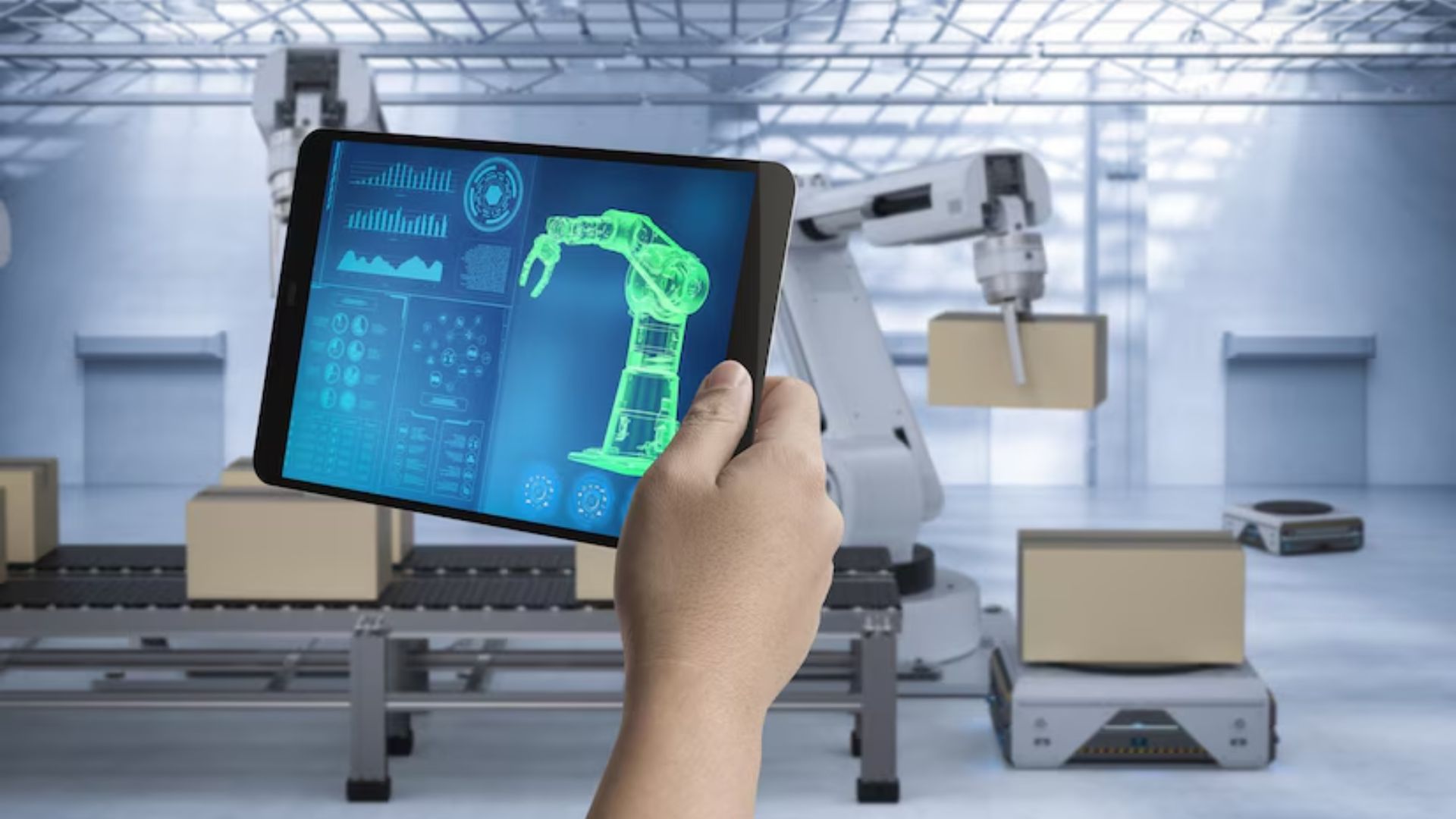Robotic Process Automation for Supply Chain Management
Supply chains are the backbone of success, but managing them efficiently can be a daunting task. Traditional methods of handling procurement, inventory, and order fulfillment are often slow, error-prone, and costly.
The solution? Robotic Process Automation (RPA).
RPA is revolutionizing supply chain management by automating mundane and repetitive tasks, allowing businesses to operate faster and with greater accuracy. Whether it's processing orders, managing stock levels, or optimizing logistics, RPA brings a level of efficiency and intelligence that traditional methods simply can't match.
When combined with Dynamics 365 Supply Chain Management, RPA takes supply chain operations to the next level, offering real-time insights and seamless automation across the entire workflow.
Businesses that embrace this dynamic duo are setting themselves up for success in a digital-first future, driving growth, improving customer experiences, and staying ahead of the competition.
What is Robotic Process Automation?

Robotic Process Automation is a technology that uses software robots, or “bots,” to automate repetitive and rule-based tasks.
These bots mimic human actions like reading emails, processing invoices, entering data, or tracking shipments but they do it faster, with greater accuracy, and 24/7.
When applied to supply chain management, RPA offers game-changing potential. From procurement to delivery, bots can streamline operations and improve decision-making.
Key Benefits of RPA in Supply Chain Management
1. Enhanced Efficiency and Speed
RPA enables businesses to automate time-consuming tasks such as inventory updates, order processing, and demand planning. This not only speeds up workflows but also frees up human workers to focus on strategic planning and problem-solving.
2. Improved Accuracy
Human errors in data entry and manual processing can lead to major disruptions. RPA eliminates these errors by automating data handling, which ensures consistent and accurate records across the supply chain.
3. Real-Time Visibility
Software bots can collect and process data from multiple systems in real-time. This allows supply chain managers to monitor performance metrics, track inventory levels, and anticipate disruptions quickly.
4. Better Compliance and Documentation
In regulated industries, maintaining audit trails and compliance records is crucial. RPA bots automatically document every action they take, providing a clear, searchable trail that simplifies compliance.
5. Scalability
During peak seasons or sudden spikes in demand, businesses can scale their bot workforce easily without significant costs or infrastructure changes. This flexibility is a key advantage in dynamic markets.
Use Cases of RPA in Supply Chain
Here’s how organizations are leveraging Robotic Process Automation for Supply Chain Management across different stages:
Procurement Automation
Bots can extract vendor quotes, compare prices, and even initiate purchase orders automatically reducing cycle times and negotiation delays.
Inventory Management
RPA helps track stock levels, predict shortages, and trigger restocking alerts, keeping warehouse operations efficient and demand-driven.
Order Fulfillment and Tracking
Automation ensures faster order entry, real-time tracking updates, and proactive communication with customers improving satisfaction and loyalty.
Invoice Processing
Manual invoice handling can be slow and error-prone. Bots streamline this process by validating invoices, matching purchase orders, and sending data to ERP systems for payment.
Demand Forecasting
By collecting historical sales data and analyzing patterns, bots assist in generating accurate demand forecasts, helping avoid stockouts or excess inventory.
Integration with ERP Solutions Like Dynamics 365
When RPA is integrated with powerful ERP systems such as Dynamics 365 Supply Chain Management, the impact multiplies. Businesses gain a comprehensive platform where automation and data intelligence work together seamlessly.
For instance, while Dynamics 365 helps manage the flow of goods, finances, and customer data, RPA bots can act as a bridge between departments and systems, automating data entry, reconciling records, and triggering alerts based on real-time changes.
This integration ensures that decisions are made faster, operations are synchronized, and customers receive better service.
Why Businesses Should Act Now
With growing competition and rising customer expectations, supply chain efficiency can no longer rely on manual effort. RPA not only saves time and costs but also adds resilience to operations, making supply chains more agile in the face of disruptions.
Companies like Dynamics Square are helping businesses implement RPA and Dynamics 365 solutions to optimize every link in the supply chain.
By combining automation with modern ERP capabilities, businesses are better positioned for digital success.
Final Thoughts
Robotic Process Automation for Supply Chain Management isn’t just a trend, it’s a strategic imperative. Whether it’s improving inventory accuracy, automating procurement, or enhancing customer experiences, RPA offers tangible benefits that can no longer be ignored.
Organizations that embrace automation now will not only gain operational efficiency but also build a more intelligent and future-ready supply chain ecosystem.